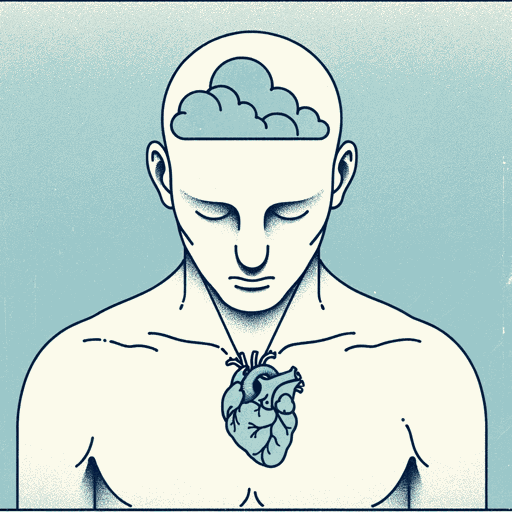64 pages • 2 hours read
Gabor MatéScattered Minds: The Origins and Healing of Attention Deficit Disorder
Nonfiction | Book | Adult | Published in 1999A modern alternative to SparkNotes and CliffsNotes, SuperSummary offers high-quality Study Guides with detailed chapter summaries and analysis of major themes, characters, and more.
Part 6Chapter Summaries & Analyses
Part 6: “The Adult With ADD”
Part 6, Chapter 25 Summary: “Justifying One’s Existence”
Many patients with ADD feel the need to justify their own existence. Maté draws on a client’s experience to describe the shame, self-judgment, and guilt commonly seen in the ADD personality. Many people attribute their lack of self-esteem to the many failures that they feel stem from the neurological deficits of ADD. They may try to disguise their feelings of worthlessness; people with inflated egos can be the most insecure people of all, Maté says. The denial or suppression of negative emotions can be seen as an example of low self-esteem as well. Maté includes an excerpt from a client’s diary to portray the low self-esteem adults with ADD experience. Argumentativeness is another characteristic of self-esteem, Maté says, in that it assumes that someone always has to be in the right and someone else in the wrong. Forcing one’s opinions onto others or withholding one’s thoughts out of fear of being judged are also behaviors of low self-esteem.
The need to achieve to feel good about oneself depends on others’ opinions, Maté says, and is different from true self-esteem: “Contingent self-esteem evaluates, true self-esteem accepts” (239). Maté argues that adults with ADD believe that their low self-esteem is a fair reflection of themselves because they never won the unconditional acceptance of their parents; the patients’ inability to accept failures later exacerbates the problem.
Related Titles
By Gabor Maté




